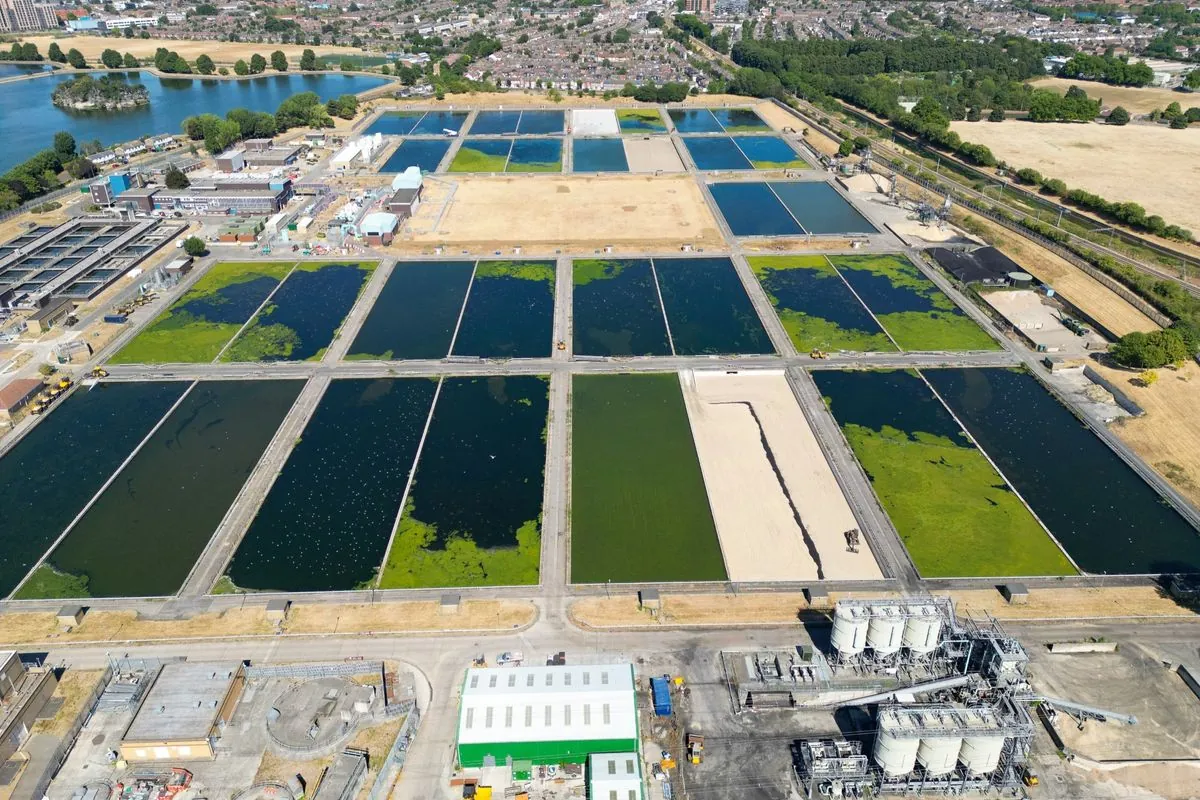Thames Water Bailout Could Outweigh Winter Fuel Savings by £2.5 Billion
Analysis reveals potential £10 billion cost to rescue Thames Water, surpassing £7.5 billion savings from winter fuel allowance cuts. Government faces tough decisions amid regulatory disputes and investment challenges.

Recent analysis has revealed that a potential government bailout of Thames Water could cost taxpayers £10 billion over a five-year period, exceeding the £7.5 billion expected savings from means-testing the winter fuel payment. This financial predicament highlights the complex challenges facing the UK's largest water and wastewater services company, which serves approximately 15 million customers in London and the Thames Valley.
The situation stems from a contentious relationship between Thames Water and Ofwat, the economic regulator for the water industry in England and Wales. Critics argue that Ofwat's approach is rendering the company "uninvestible," potentially forcing government intervention through a Special Administration Regime (SAR).

The £10 billion cost breakdown includes £3.3 billion for equity financing of improvements and £6.8 billion to bridge the gap between the company's obligations and Ofwat's expenditure allowances. This substantial sum is equivalent to building 22 new hospitals or 333 new schools, underscoring the significant financial implications for public resources.
Thames Water's struggles are not new. The company reported a pre-tax loss of £1.6 billion for the 2022-23 financial year and carries a net debt exceeding £14 billion, one of the highest in the UK water industry. These financial woes are compounded by the need for extensive infrastructure upgrades, with the company managing over 31,000 miles of water pipes and 68,000 miles of sewer pipes.
"The £10 billion would be the direct result of Ofwat's inability to face up to the need to overhaul its approach and long-term failure to unlock proper investment in the sector."
The standoff between Ofwat and the water industry centers on balancing customer costs with critical infrastructure investments. Thames Water has proposed investing £11.6 billion in its infrastructure from 2025 to 2030, but financing this plan remains challenging under current regulatory conditions.
Efforts to salvage the situation are ongoing, with creditors attempting to broker a peace deal between Thames Water and Ofwat. However, concerns persist that without a swift resolution, the company's survival prospects may diminish.
Amidst these developments, Steve Reed, the Environment Secretary, has ruled out nationalization of water companies, citing prohibitive costs and time requirements. This stance contrasts with previous Labour leadership proposals under Jeremy Corbyn, which had advocated for bringing utilities back under state control.
As the government grapples with this complex issue, the potential bailout cost of Thames Water serves as a stark reminder of the challenges facing the UK's water infrastructure and the delicate balance between regulation, investment, and public interest.


































